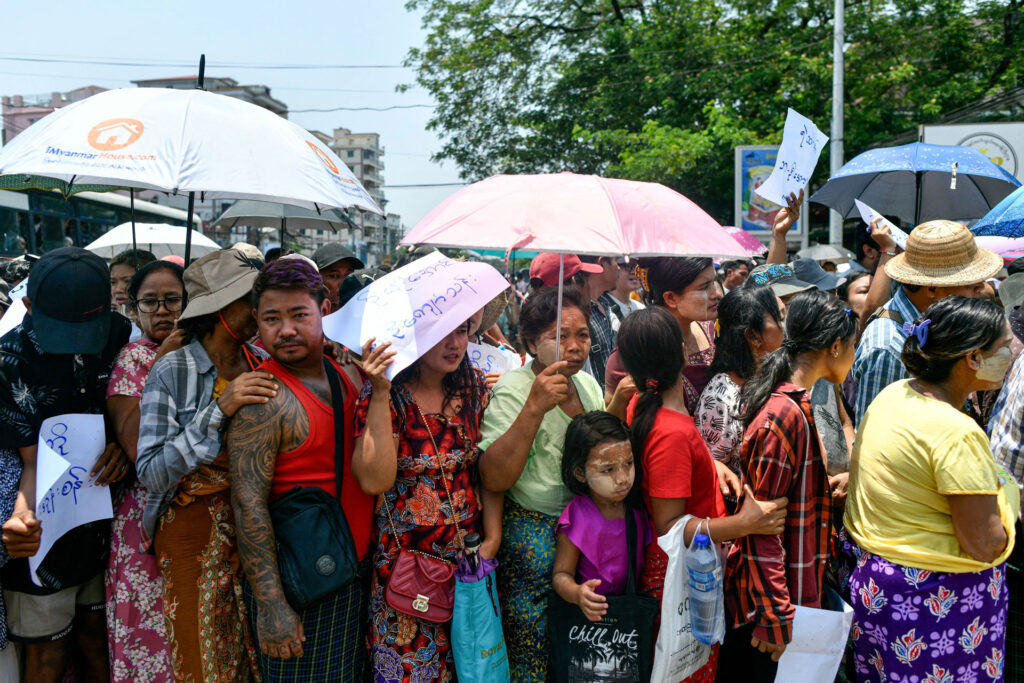(This article was originally featured at the Jakarta Post on April 22, 2024.)
Andrew Ong, Lina Alexandra & Min Zin
(Andrew Ong is director of research at The Surin Pitsuwan Foundation, based in Thailand. Lina Alexandra is head of the Department of International Relations and coordinator for the Myanmar Initiative Program at the Jakarta based Centre for Strategic and International Studies (CSIS). Min Zin is executive director of the Institute for Strategy and Policy, Myanmar.)
About three years ago, ASEAN leaders gathered in Jakarta for an emergency summit on Myanmar at which the Five-Point Consensus (5PC) — entailing the cessation of violence in the country, constructive dialogue among parties to the conflict, the appointment of a special Myanmar envoy and the provision of humanitarian assistance – was agreed upon with the State Administration Council’s (SAC) senior general Min Aung Hlaing.
The 5PC has since seen very limited progress. Airstrikes by the Myanmar military and fighting among various armed actors continue, leading to the displacement of more than 2.5 million people since the 2021 coup. Inclusive platforms for political dialogue have not materialised. While Indonesia created a new precedent of meeting with various stakeholders across Myanmar, the ASEAN chair’s one-year tenure remains too short for significant breakthroughs. Hitherto, observers have described ASEAN’s 5PC as “failed”, “toothless”, “not appropriate”, and a “dead pact” and have said ASEAN centrality is “in tatters”.
(Read full article at the Jakarta Post at this link: https://www.thejakartapost.com/opinion/2024/04/22/asean-needs-a-longer-term-approach-to-the-myanmar-crisis.html#:~:text=ASEAN%20must%20continue%20to%20create,and%20India%2C%20in%20its%20efforts )

